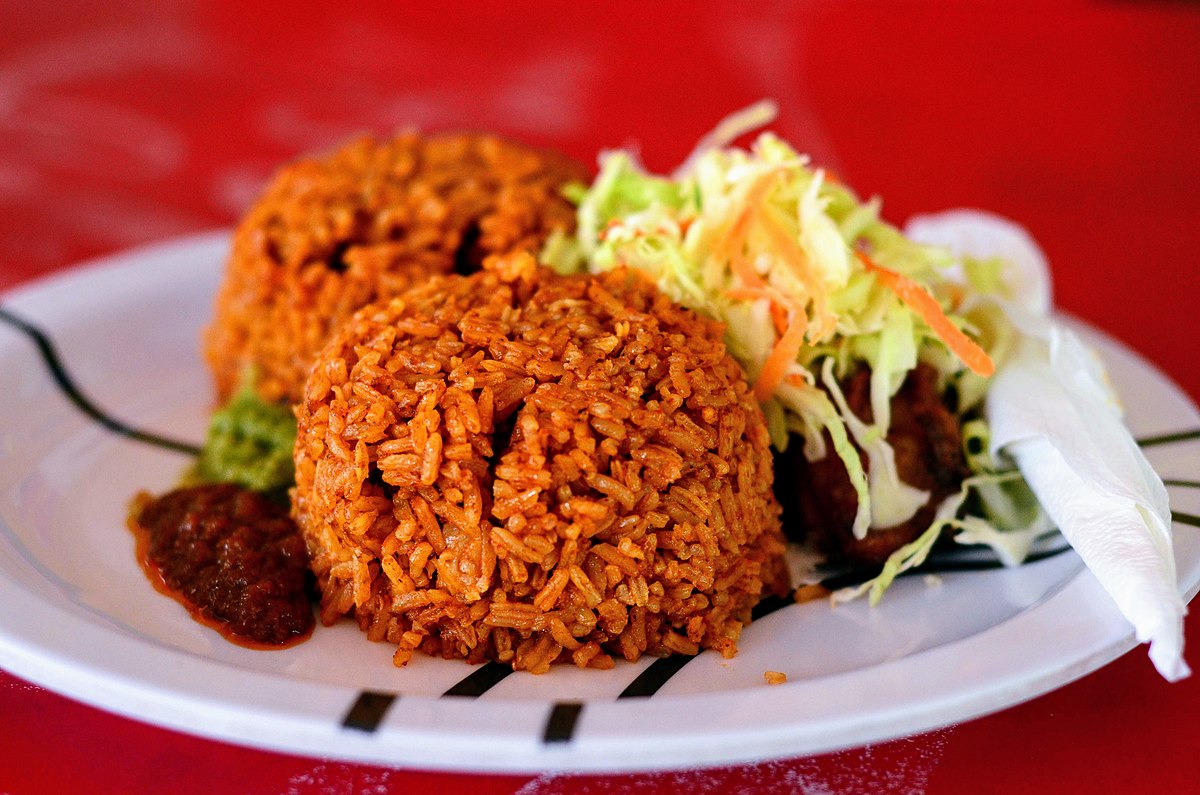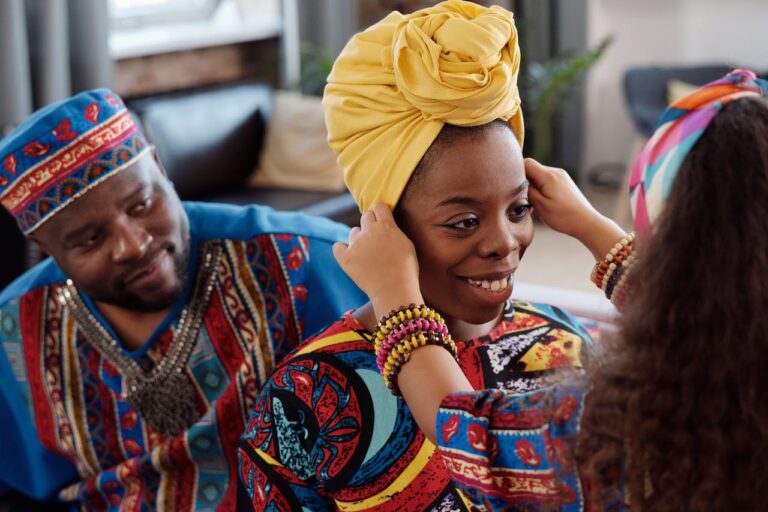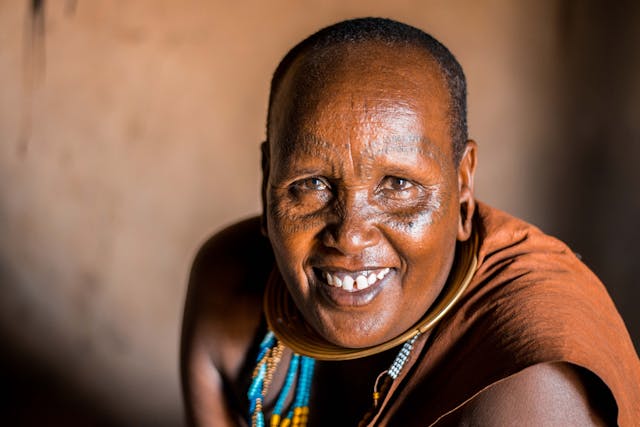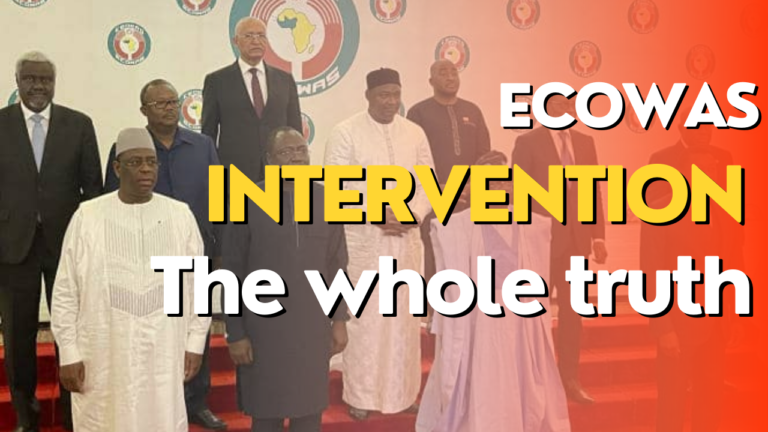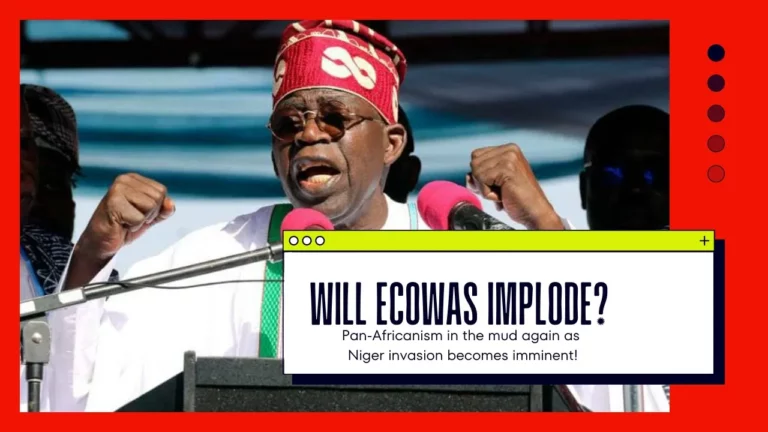The Jollof Rice Wars: A Tasty Distraction from Africa’s Real Battles
Let’s talk about jollof rice. Yes, that steaming, spicy, tomato-drenched dish that has Nigerians and Ghanaians ready to throw hands, with Senegal, Sierra Leone, and Gambia tossing in their own ladles to stir the pot. Across social media, in kitchens, at parties, Africans will argue until their throats are hoarse about whose jollof reigns supreme. It’s the culinary equivalent of a heavyweight title fight—except the only thing getting knocked out is our collective sense of priority. Meanwhile, the real heavyweights—multinational corporations, colonial legacies, and corrupt governments—laugh all the way to the bank, their pockets stuffed with Africa’s wealth. If we spent half the energy we waste on jollof debates confronting the forces bleeding our continent dry, we might actually get somewhere. But no, we’d rather bicker over rice.
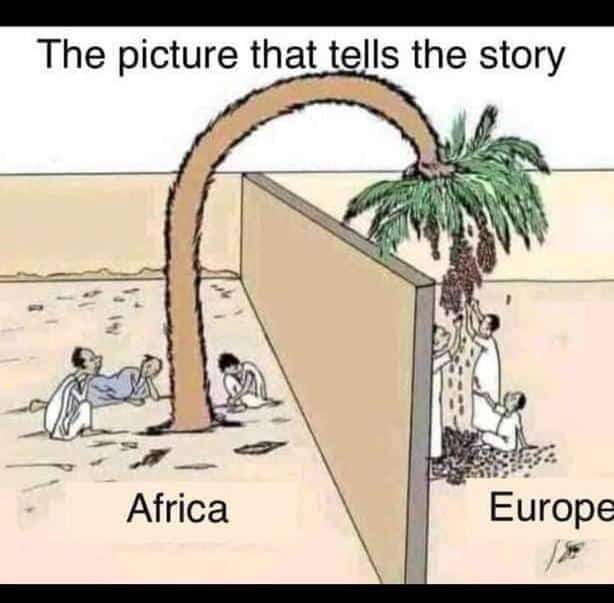
This isn’t just about jollof, though. It’s about how we Africans obsess over frivolities—food, sports, entertainment—while ignoring the elephants in the room. We’ll riot over a football match, troll each other over Afrobeats supremacy, or stage a Twitter war over whose pepper soup has more soul. Yet, when it comes to the oil companies drilling holes in the Niger Delta, the mining giants stripping the Congo bare, or the foreign powers propping up dictators for a cut of the profits, we’re suddenly too busy seasoning our egos to care. It’s the ultimate self-inflicted wound—a snake eating its own tail, chasing petty rivalries instead of building something bigger together.
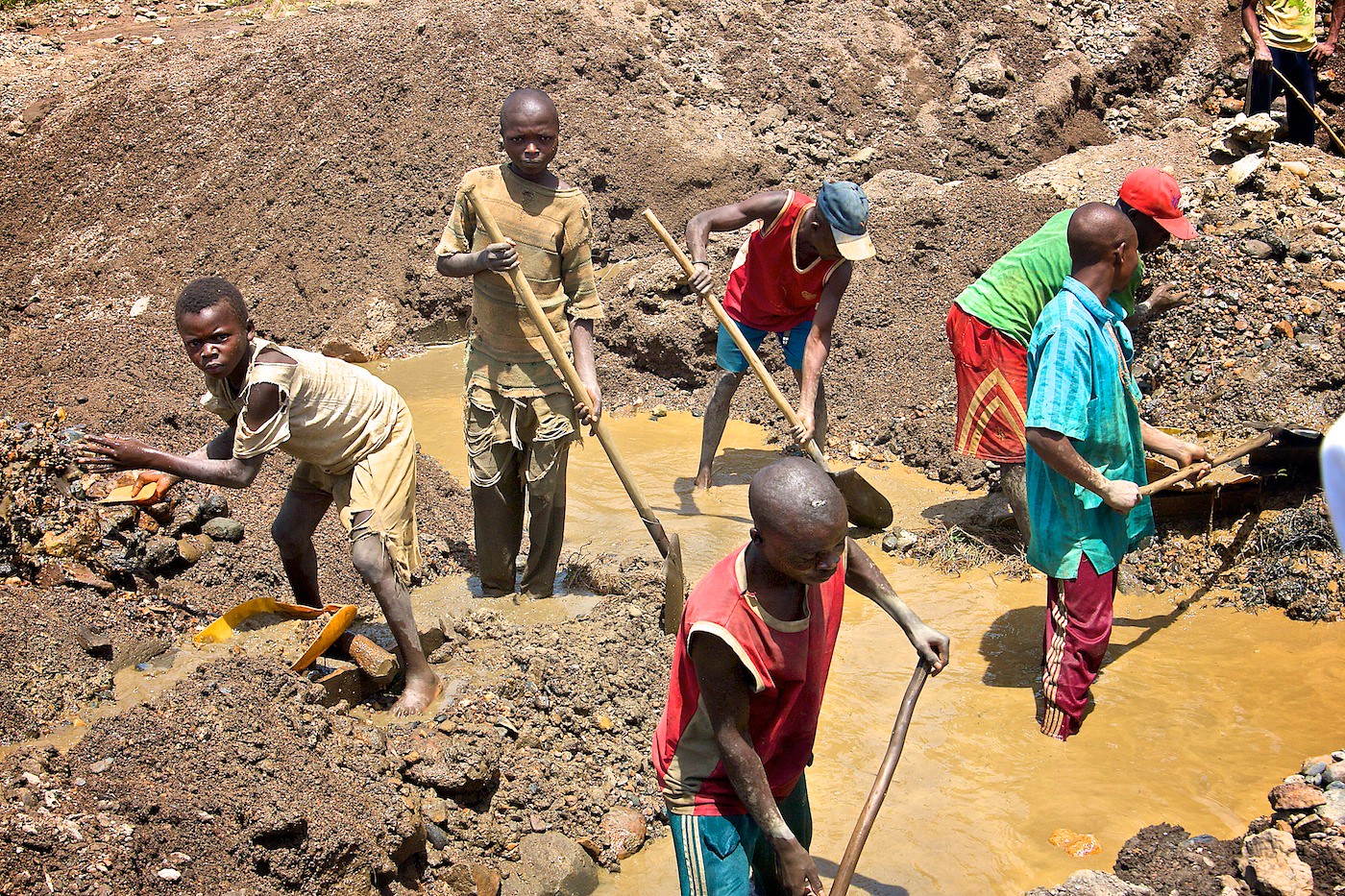
Take a look at our governments. Corrupt leaders strut around with motorcades longer than a Nollywood movie, looting treasuries with the kind of pomp and pageantry that would make a peacock blush. They’ve turned governance into a circus—complete with reckless abandon and zero accountability—while we cheer or jeer from the sidelines like it’s a reality TV show. Nigeria’s politicians siphon billions from oil revenues, yet the streets of Lagos flood every rainy season. Congo’s cobalt fuels the world’s tech boom, but its children dig for it with bare hands. Across the continent, the same story plays out: resources vanish, elites prosper, and the rest of us are left arguing over who invented the best stew to go with our suffering.

And what do we do about it? We fan the flames of our own divisions. We’d rather compete than collaborate. Instead of pooling our talents to challenge the systems keeping us down, we turn our creativity into a cage match. Jollof rice isn’t the problem—it’s a symptom. It’s a self-generative industry, born from our own ingenuity, yet we’ve weaponized it into a tool of distraction. The same goes for our music, our films, our sports. We take pride in these things, and we should—they’re proof of our resilience. But when pride turns into petty tribalism, we’re just playing ourselves. Imagine if Nigerians and Ghanaians teamed up to demand transparency from Shell or TotalEnergies instead of debating whose rice slaps harder. Imagine if East and West Africa linked arms to negotiate better trade deals rather than flexing over who runs the entertainment game. We’d be unstoppable. Instead, we’re stuck in a loop, clapping for our own downfall.
This mindset isn’t new—it’s a hangover from colonial days, when divide-and-conquer was the playbook. They pitted us against each other—tribe against tribe, nation against nation—and we’re still running the same script. The multinationals and their backers don’t even have to try anymore; we’re too busy policing each other’s plates to notice the heist happening under our noses. It’s absurd. It’s exhausting. And it’s got to stop.
Which brings me back to jollof rice. A while ago, my spirit guide—yes, I’ve got one, don’t judge—asked me a question that’s been rattling around in my head ever since: “What even is jollof rice, and did our ancestors eat it?” It’s a fair point. Jollof, as we know it, is a modern creation, shaped by trade routes, colonial influences, and our own culinary flair. Our ancestors weren’t out here arguing over it—they were too busy surviving, building, and resisting. They ate what the land gave them, not some Instagram-worthy plate designed to flex on the next village. So why are we so obsessed with it now? Maybe because it’s easier to fight over rice than to fight for our future. Maybe because it’s a distraction we can taste, a battle we can win, while the real war feels too big to tackle.
So here’s the challenge, Africa: let’s put down the jollof spoons and pick up the fight that matters. Let’s stop eating our own tails and start biting back at the hands stealing our inheritance. The next time you’re tempted to argue over whose jollof is king, ask yourself—what would our ancestors think? Better yet, what will our children say when they inherit a continent still arguing over rice while the world carves up what’s left?

